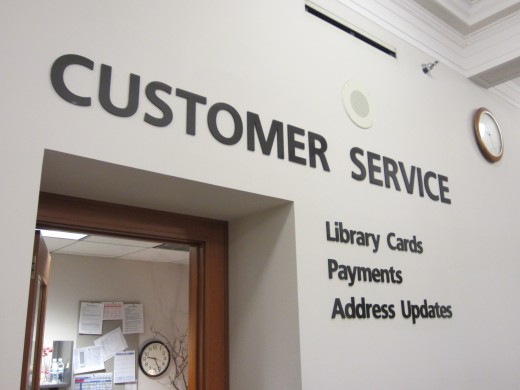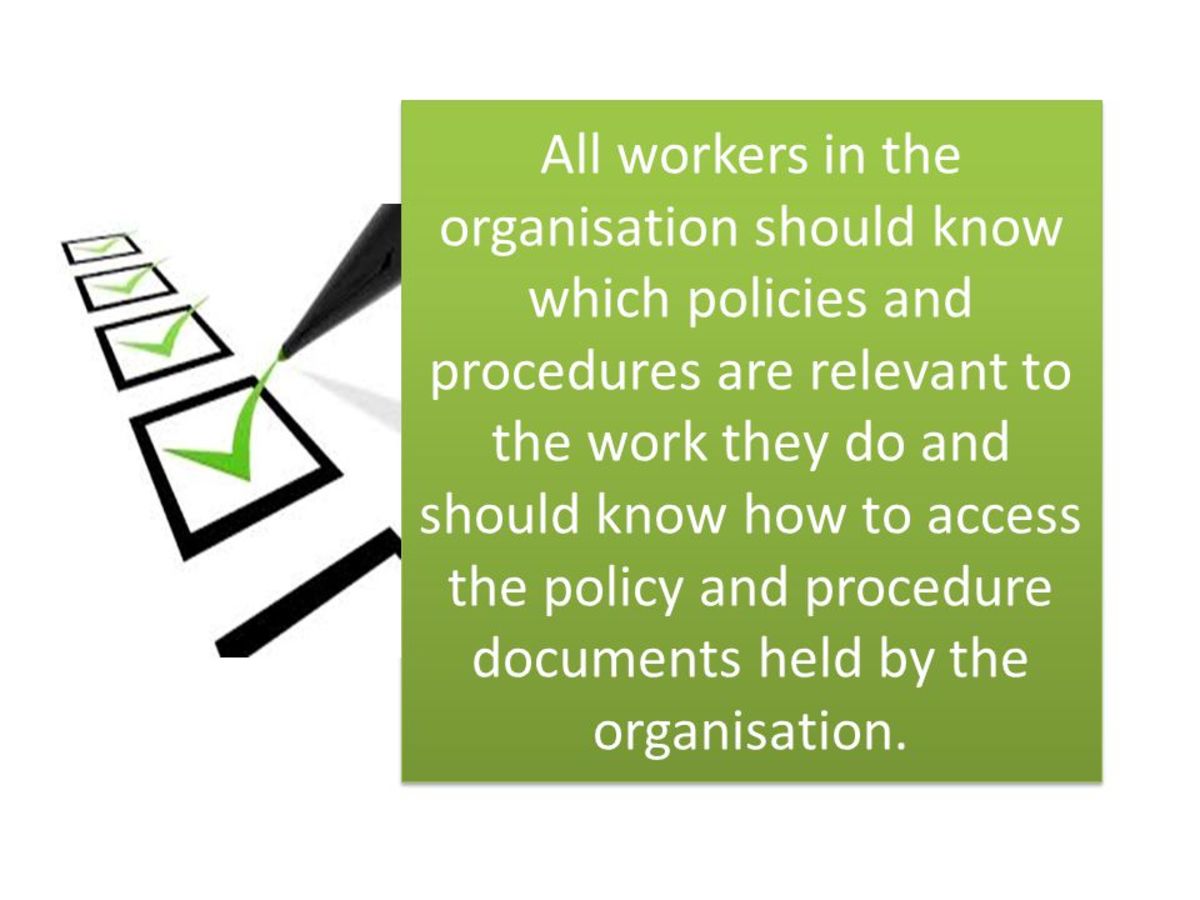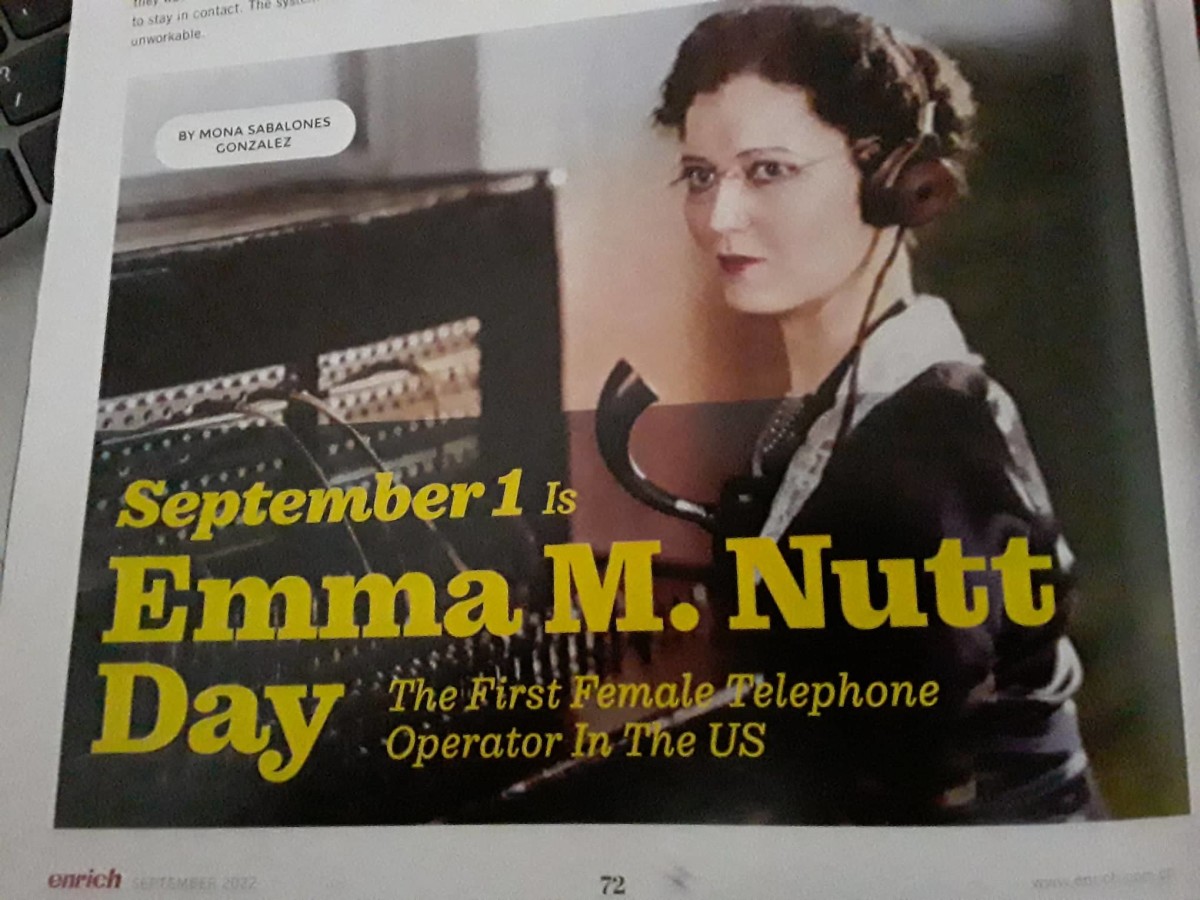How to Deal with Angry and Difficult Customers

Is the Customer Always Right?
The customer is always right. But, are they really? There are times that the customer is wrong, but you can't outright say that. Instead, you have to find alternatives in how you handle a difficult customer without escalating the situation any further. However, there are times you have to deal with the situation, even if you have to point out that the customer is wrong. It's a balancing act in retaining the customer, yet getting the job accomplished.
This article will cover how to handle those difficult customers, how to retain them as customers despite their complaints, and how you can fight back against their complaints the right way.
Good Starbucks Customer Service
Have you ever lost a job due to a customer complaint against you?

10 Tips on Effectively Dealing with Difficult Customers
Difficult customers are very hard to handle. It can be impossible to please them, and in most times you won't be able to. But, you must try your best so you don't hurt your business any, even if you know the customer is wrong.
- Never say "I don't know". If someone asks why something was done a certain way, or why you can't do something for them, don't say "I don't know". Instead, say "Let me find that out for you". It shows you are doing something for them, even though you may not know exactly how to respond.
- Try to work out a compromise. For example, I spent $20 on in-game currency in an online game and purchased two items with it. I couldn't use either item how I wanted to, felt it was unfair that I wasn't warned about it, and demanded a refund. They said they couldn't issue a full refund, but could give back some of the currency I spent on one of the items. I said that was acceptable. Not only did they refund part of the currency I spent, they let me keep both of the items. This was a very good compromise.
- Always smile, always be nice. Don't give the difficult customer any fodder for them to throw back at you. Smile, be positive, and never raise your voice. If they see you aren't getting upset and raising your voice, then in time they will lower their voice, and may even apologize for their actions.
- Be understanding of their problem. State you understand what their problem is, how you know how upsetting it is, etc. State you will do all in your power to rectify the situation to their satisfaction. Most customers just want to be heard and understood, even if nothing gets resolved.
- Never tell them that they are wrong. Even if the customer is wrong, don't tell them that. You can tell them you can't do something because it's against policy, or offer an alternative. But never tell them that they are wrong. It will just upset them even more.
- Say that you are sorry. An apology may be enough to quell the problems that this person has. If you do apologize though, it has to seem like a genuine apology. If you have an attitude when you say it, it will just infuriate the customer even more.
- Advise the person you can't help them if they are upset. If they cuss, scream, or start to get aggressive, advise the customer you will have to end the contact if they continue to keep it up. You can say you can't help them if they continuously act in that manner.
- Take the abuse. Alternatively, you can take the abuse being dished out until you have finished helping the customer or they walk away because they realize there is nothing else that can be done. Keep in mind the customer is yelling at you because you are there, when they could be upset at the organization as a whole for how they run things. However, for your own mental health, I don't recommend this.
- End the contact. If the person isn't getting it in their head you have done all you can for them, then it's time to end the contact. This can still be done respectfully. If it's on the phone, advise the person a couple times that you will have to end the phone call. Then end it appropriately. In person, you can just call up the next person or simply walk away. You will be labeled as being rude, but as long as you don't raise your voice or act rude, then they won't have much to go on.
- Refer the customer to your supervisor. Most times the customer would have already asked to speak to your supervisor. But if not, then you can contact your supervisor to help the situation. Having two people to confront the customer could make them back down. If your supervisor agrees with you and repeats the statements you have made, then that could get the customer to back down as well.
Bad Starbucks Customer Service
Customer Service Training
If possible, all employees should have some sort of customer service training when they start the job. For example:
- Have new employees sit with experienced employees. When someone first starts with the company, have them sit with someone that has good customer experience skills so the new employee can see how to effectively handle customers.
- Review information found online. There are a lot of online resources, such as this article, that go into how to handle customers. You may find articles and videos related to the type of work you do as well, giving you advice unique to your profession.
- Attend customer service classes. Avoid the motivational classes, as they don't really teach anything. Instead, go for the classes that teach technique and skill. A one day class can give a lot of insight on how to handle a customer. Multiple classes taught by different people can give different perspectives as well.
Dealing with a Difficult Customer
Have you ever been a difficult customer?
My Experiences Dealing with Difficult Customers
I'll provide a couple of examples of difficult customer contacts I was involved in and how the situations were resolved.
- This first incident involved a customer approaching me as I was walking back to my office. She wanted to speak to a supervisor. I was a supervisor, so I offered my services. She had numerous complains and expected something to be done, despite it being against our policy to do so. I advised her of that many times and tried to offer solutions, but she shot almost all of them down. She then wanted to speak to someone else, which I was able to do for her and the situation was resolved amicably. During this contact the customer kept interrupting me as I was speaking. Each time I had to say, "Ma'am, I can't help you if you keep interrupting me. Please let me finish my sentence".
- In the next situation I was the difficult customer. I went to AT&T to purchase a new cell phone since my previous phone broke. Everything was going fine until they told me how much my bill would increase. I was used to AT&T waving part of the cost of the phone since I was going to sign a contract, but they stated they didn't do that anymore. I was furious. I said they were a rip off, that I wanted to switch carriers, etc. I needed a phone, so I made the purchase anyways, but I made it difficult for the person helping me. The representative was calm and collected throughout the entire contact. He tried his best to help me. I even said to him I wasn't upset at him, but AT&T. I also apologized and thanked him. Despite being upset, he did a great job of handling me since he didn't react to me being upset. Though, I could tell by the end of the sale he was tired of dealing with me. I can't really blame him for that though.
Getting an Angry Customer to Back Down
This article is accurate and true to the best of the author’s knowledge. Content is for informational or entertainment purposes only and does not substitute for personal counsel or professional advice in business, financial, legal, or technical matters.
© 2012 David Livermore








